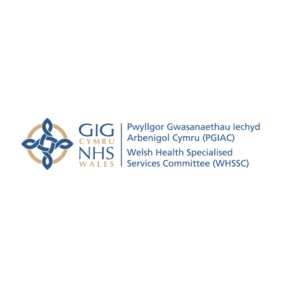Today, the Policy Team in the WHO Collaborating Centre on Investment for Health and Well-being at Public Health Wales have published Cost of living crisis in Wales: A public health lens.
The report summarises the ways in which the cost of living crisis can impact on health and well-being It takes a public health lens to identify actions for policy makers and decision-makers to protect and promote the health and well-being of people in Wales in their response to the cost of living crisis, outlining what a public health approach to the crisis could look like in the short and longer-term.
The cost of living crisis means more people are unable to afford the essentials, which has significant and wide-ranging negative impacts on mental and physical health. These can have long-term consequences for the people affected and the systems and services that are needed to support them.
People living in the poorest parts of Wales already die more than six years earlier than those in the least deprived areas, and the cost of living crisis will accelerate what were already increasing differences in health between those with more and less money.
The current cost of living crisis is not just a temporary economic squeeze: it is a long-term public health issue affecting the whole population.
The cost of living crisis requires an urgent public health response in order to:
1) mitigate the effects of the immediate crisis; and
2) tackle the underlying causes so that health, well-being and inequality are improved in the longer-term.
An executive summary and infographic are also available.
Should you have any questions about this report, please contact manon.roberts7@wales.nhs.uk or louisa.petchey@wales.nhs.uk.
Click here to view :Cost of Living Report ENG.pdf
Click here to view :Cost of Living Report Executive Summary.pdf
Click here to view :Cost of Living Infographic ENG.pdf


